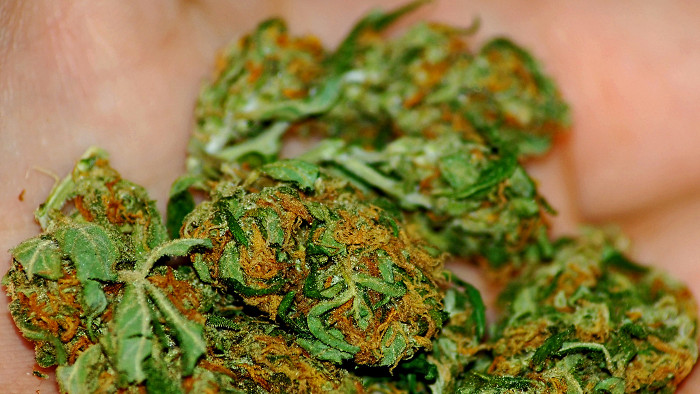Medical marijuana news in Minnesota.
Certification and registration starts June 1
Media inquiries: Scott Smith – MDH Communications, Phone: 651-201-5806
During the final days of the 2015 regular legislative session, state lawmakers amended Minnesota’s medical cannabis statute to address patients’ use of medical cannabis in hospitals and other health care facilities.
The amendment extends protections and immunities to employees of health care facilities to possess medical cannabis while carrying out their employment duties. These protections include providing care or distributing medical cannabis to a patient on the Minnesota medical cannabis patient registry who is actively receiving treatment or care at the facility. The amendment also allows health care facilities to reasonably restrict the use of medical cannabis by patients. For example, the facility may choose not store or maintain a patient’s supply of medical cannabis or that use of medical cannabis may be limited to a specific location.
With certification and registration beginning Monday, June 1, the Minnesota Department of Health (MDH) has added informational resources on the Medical Cannabis website (mn.gov/medicalcannabis) to help Minnesota patients better understand their options under the state’s new medical cannabis program.
“June 1 is the first day that the registration process can start,” said Assistant Commissioner Manny Munson-Regala. ”While there is no time limit on when patients can register, this is a good time for patients and practitioners to start having the conversation about medical cannabis.”
An essential first step for those patients interested in medical cannabis is to visit a health care practitioner – a doctor, nurse practitioner or physician assistant – who can go to the MDH website and certify they have one or more of the qualifying conditions. Once a provider certifies a patient, the patient can register at the MDH website to receive medical cannabis at one of the locations established by manufacturers after the program goes live July 1.
Practitioners voluntarily choose whether to certify patients. Patients may have to seek a second opinion if their practitioner declines to participate. Patients also need to consider the potential out-of-pocket costs, which could be hundreds of dollars a month. Minnesota insurers do not cover medical cannabis.
Under the law passed in 2014, patients with the following conditions qualify for medical cannabis in Minnesota:
- Cancer associated with severe/chronic pain, nausea or severe vomiting, or cachexia or severe wasting
- Glaucoma
- HIV/AIDS
- Tourette Syndrome
- Amyotrophic Lateral Sclerosis (ALS)
- Seizures, including those characteristic of epilepsy
- Severe and persistent muscle spasms, including those characteristic of multiple sclerosis.
- Crohn’s Disease
- Terminal illness, with a life expectancy of less than one year, if the illness or treatment produces severe/chronic pain, nausea or severe vomiting, cachexia or severe wasting
Minnesota plans to have eight Cannabis Patient Centers across the state. The first ones will open July 1 in Minneapolis, Eagan and St. Cloud. Additional locations in Rochester, Eden Prairie, St. Paul, Hibbing and Moorhead will open in the following months. After completing the registration process, patients can visit a cannabis patient center to receive medical cannabis. Patients meet with a pharmacist to determine the correct dose of medication.
-MDH-

Be the first to comment on "Medical cannabis law changes clarify use in health care facilities"